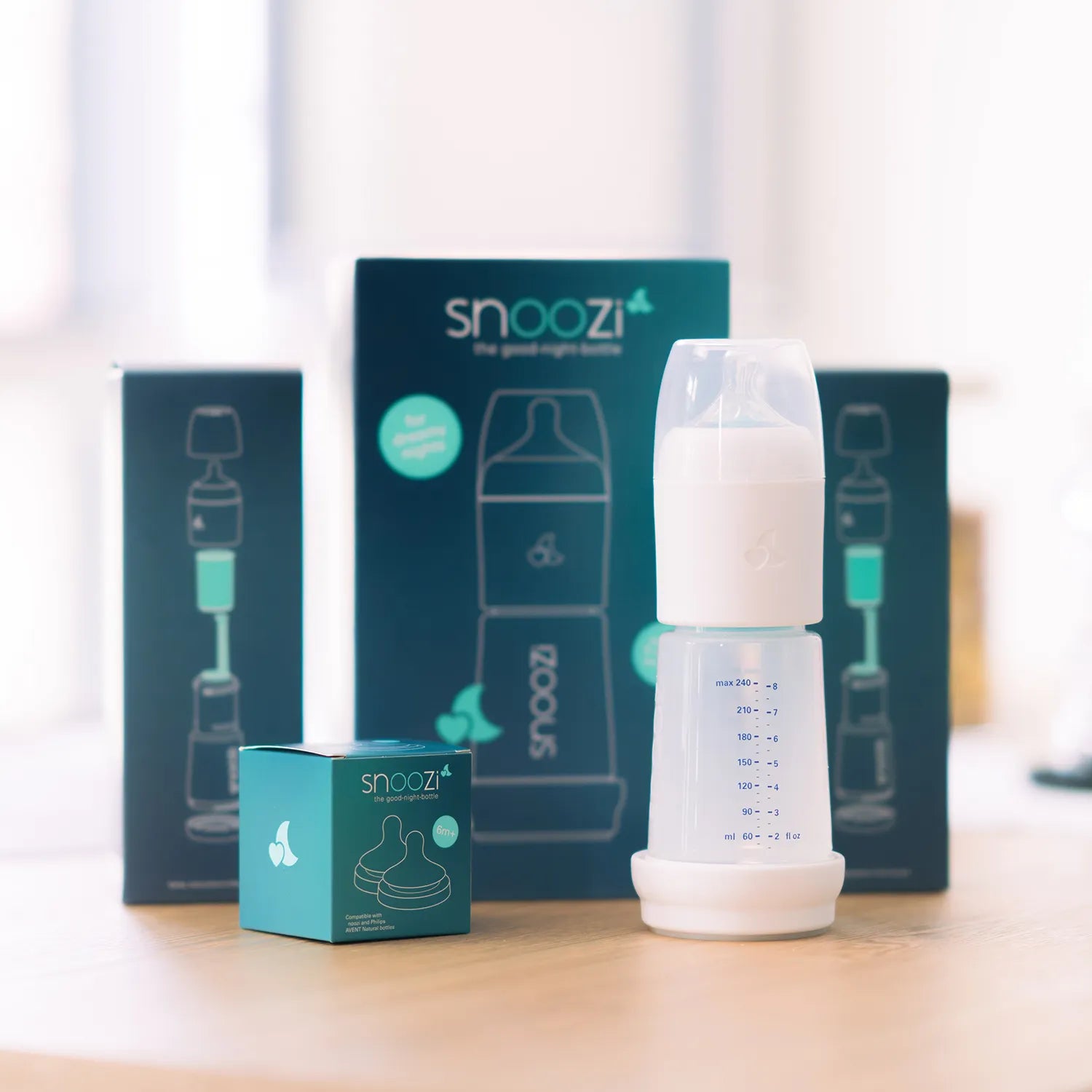Baby sleep problems
When the night becomes a nightmare.
Coping with baby sleep problems with proven tips
Sleep problems in babies are a challenge for many young parents because they can affect the peace and relaxation of both the baby and the entire family members. There are different baby sleep disorders and correspondingly different ways to manage them. We provide some frequent sleep problems in babies and possible solutions:
Difficulties falling asleep:
Some babies have difficulty falling asleep independently. A fixed sleeping time trout can help the baby to signal that it is time to sleep. Soothing activities such as a warm bath, gentle weighing or quiet music can also help to calm the baby.
Frequent waking up at night:
Babies wake up at night, of course, but some have difficulty falling asleep again. It is important to stay patient and help the baby calm down. Avoid exciting activities when the baby wakes up at night and try to create a quiet environment.
Sleep regressions:
Sleep regressions are phases in which a baby that previously slept well is suddenly wakes up more often. These phases are normal and can be triggered by development spurts, diseases or other factors. Patience and a consistent sleep time trout can help to survive these phases.
Falling asleep only when breastfeeding or vials:
If the baby can only fall asleep when breastfeeding or bottle, it can be difficult to calm the baby calm when it wakes up in the middle of the night. Try to feed the baby shortly before going to bed and then put it in bed when you wake up so that it learns to fall asleep yourself.
Sleep in unusual environments:
Babies often have difficulty sleeping in new environments, for example while traveling. Try to bring a familiar pillow or a cuddly toy with you to give the baby a familiar feeling. Keep the sleeping routine as normal as possible, even if you are on the go.
Sleep on the stomach:
Sleeping on the stomach can increase the risk of sudden child death (SIDS). It is recommended to let babies sleep on their back, as this is the safest sleeping position. Use a firm mattress and keep the baby warm in a sleeping bag instead of putting it under blankets.
Correct hygiene:
If you use bottles, make sure that you are thoroughly cleaned and sterilized to avoid bacteria. If you keep the milk powder dry and locked, note the instructions on the milk powder packaging for correct preparation of the milk.
Loving atmosphere:
Regardless of whether you breastfeed, give bottles or feed solid food, you create a loving and quiet area during the feeding process. This promotes the trust of the baby and makes meals a pleasant experience. Also give your baby the time it takes.
Every baby is different!
It is important to note that every baby has individual sleeping behavior, and what works with a baby does not necessarily have to work with another. If the baby's sleep problems last or are serious, it is advisable to consult a pediatrician or a sleep specialist. You can give further advice and recommendations based on the specific needs of the baby. Patience, routine and loving support are crucial to help babies develop healthy sleeping habits.

Everything all around the topic "Feeding at night".
Snoozi guide
Welcome to our Snoozi guide, where we go on a trip to the world of baby sleeping together. Here we exchange experiences, tips and advice to support parents in the search for relaxing sleep for their little ones.





